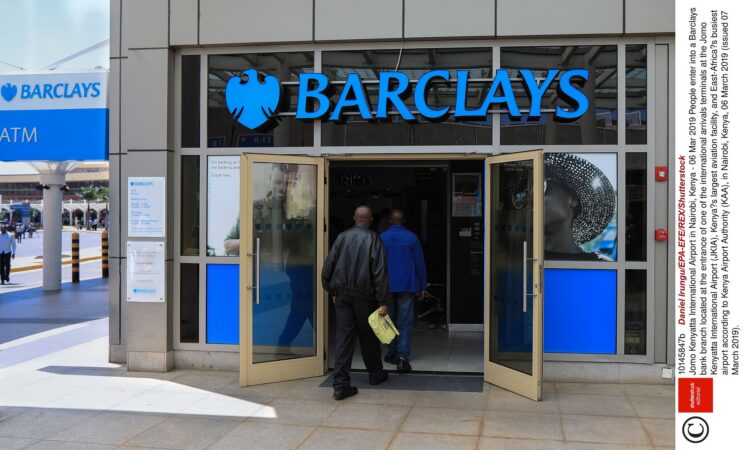By Tony O’Reilly-
Barclays will have to pay £1m to its customers for PPI breaches, after failing to send reminders to up to 1,306 of its former mortgage payment protection insurance policyholders between 2014 and 2017, which amounts to average payouts of £750 each.
The Competition and Markets Authority (CMA) found the bank failed to send Payment Protection Insurance (PPI) information to some mortgage holders. 1,306 Mortgage PPI policyholders between 2014 and 2017 wer affected.
These customers, who held both a mortgage and an associated PPI policy with Barclays, had moved house and notified Barclays of their new address.
The markets watchdog concluded “Barclays failed to act properly on this information, with affected customers not receiving reminders.
“Barclays only discovered this breach in late 2021. Failure to provide these reminders meant that customers may have kept their policies for longer than they needed or stopped checking for cheaper or better alternatives, and this may have cost them money.”
The payout is made up of refunds and goodwill payments, and comes after Barclays reported the breach to the CMA last October.
The CMA has written publicly to Barclays after the bank failed to send a reminder to customers of payment protection insurance (PPI) policies.
Under the Competition and Markets Authority’s (CMA) PPI order, PPI providers must send annual reminders to customers that set out clearly the cost of their policy, the type of cover they have and remind them of their right to cancel. Barclays breached the order by failing to send reminders to up to 1,306 of its former Mortgage Payment Protection Insurance policy holders between 2014 and 2017.
These customers, who held both a mortgage and an associated PPI policy with Barclays, had moved house and notified Barclays of their new address. Barclays failed to act properly on this information, with affected customers not receiving reminders.
Barclays only discovered this breach in late 2021. Failure to provide these reminders meant that customers may have kept their policies for longer than they needed or stopped checking for cheaper or better alternatives, and this may have cost them money.
The payout, of up to £1m is made up of refunds and goodwill payments, and comes after Barclays reported the breach to the CMA in October 2021, which it is required to do under the PPI order.
Adam Land, Senior Director of Remedies, Business and Financial Analysis at the CMA, said:
”Barclays will pay customers up to £1 million after breaching the CMA’s PPI Order. That’s an average payment of around £750 per customer, which is particularly important as the cost-of-living crisis bites. We will now work with Barclays to ensure these payments are made to customers.
It’s important that all PPI providers take notice – we won’t hesitate to take action, as we have done here, if customers have lost out.
The CMA cannot currently impose financial penalties on businesses for breaches of this kind but has called for the power to do so.
Imposing fines would allow the CMA to take quicker and stronger action against companies that break the law. It would also allow the CMA to increase the deterrent effect of its enforcement and help ensure businesses take the obligations which the CMA imposes on them seriously for the benefit of UK consumers.
The CMA does not currently have the power to impose financial penalties for breaches of this kind. The CMA has called for such powers in order to increase incentives for businesses to comply with market and merger remedies. The Government is set to consult on whether the CMA will be given such powers.
The bank is now set to contact all customers with a PPI policy, who were affected by the most recent breach, and make payouts to compensate for the missing reminders
These breaches will also be logged on the CMA’s register of breaches, which records all breaches of market and merger remedies and is updated quarterly with the next update being January.

